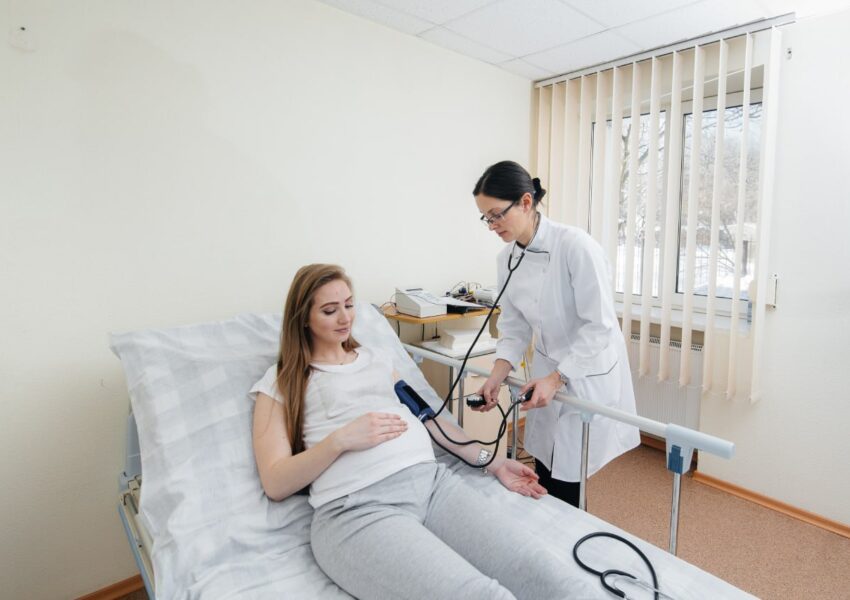
Views: 343
High-Risk Pregnancy Explained
A likelihood of High-Risk pregnancy is pretty high from the start if you already have a medical condition. Moreover, pregnancy can also become high-risk midway during gestation due to other reasons. Here you will further get to know about getting through a high-risk pregnancy with the best possible result.
How Pregnancy Becomes High-Risk?
A pregnancy is classified as High-Risk due to many reasons. Furthermore, pregnancy is risky for mothers aged over 35. Besides, pregnancy is a high risk if the mother is carrying twins or higher order multiples. Lastly, this condition is all the more imminent if the patient had pregnancy-related hypertension or gestational diabetes in the past.
Pregnancy is also risky if you have health problems like high blood pressure, obesity, diabetes or epilepsy. Along with these further comes lifestyle choices and personal factors. Furthermore, this condition is also linked to smoking, drug use and drinking alcohol.
Complications can at times arise halfway through a pregnancy. Besides, pregnancy gets high-risk in case the baby is not developing properly or if the patient has abnormal placental positioning.
About High-Risk Obstetrics Care
With the help of High-Risk Obstetrics, you can breathe easier during this kind of pregnancy.
Be always on the lookout for the following symptoms and seek immediate help if you experience any of them.
· Vaginal bleeding or discharge.
· Pain or cramping in your lower abdomen.
· Fever or chills.
· Persistent nausea, vomiting or dizziness.
· Thoughts of harming yourself or the baby.
Further Read: Managing High-Risk Pregnancy
Apart from regular exams and ultrasound testing, mothers dealing with this medical condition should undergo different tests. Lastly, the tests are recommended depending on their specific situation. These include:
· Testing for urinary tract infections and STDs like syphilis or HIV.
· Ultrasounds to determine fetal development during the entire pregnancy.
· Ultrasounds to measure cervical length and monitor preterm labour.
· Genetic screening options like prenatal cell-free DNA (cfDNA) screening, amniocentesis, or chorionic villus sampling (CVS).
Certain prenatal tests like amniocentesis bring along a tiny risk of miscarriage. With the help of expert High-Risk Obstetrics, patients can make the best decisions for their health and their babies.
By : admin


